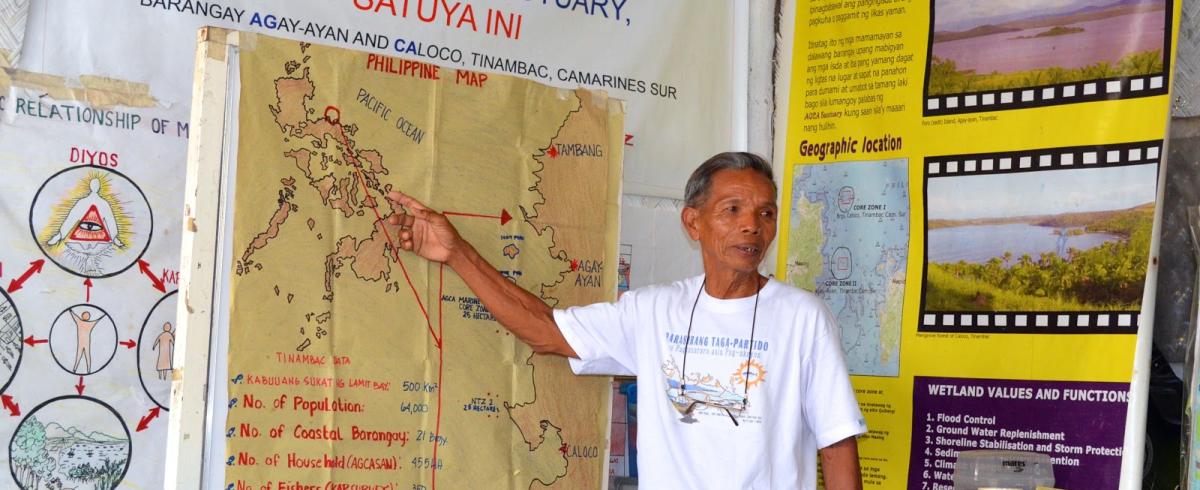Socioeconomic characteristics of hilsa fishers in the Ayeyarwady Delta, Myanmar
The Darwin-Hilsa project is developing an incentive-based system of hilsa fisheries management in Myanmar’s Ayeyarwady Delta. This study uses a mixed-methods approach to assess the socioeconomic status of local fishing households.

